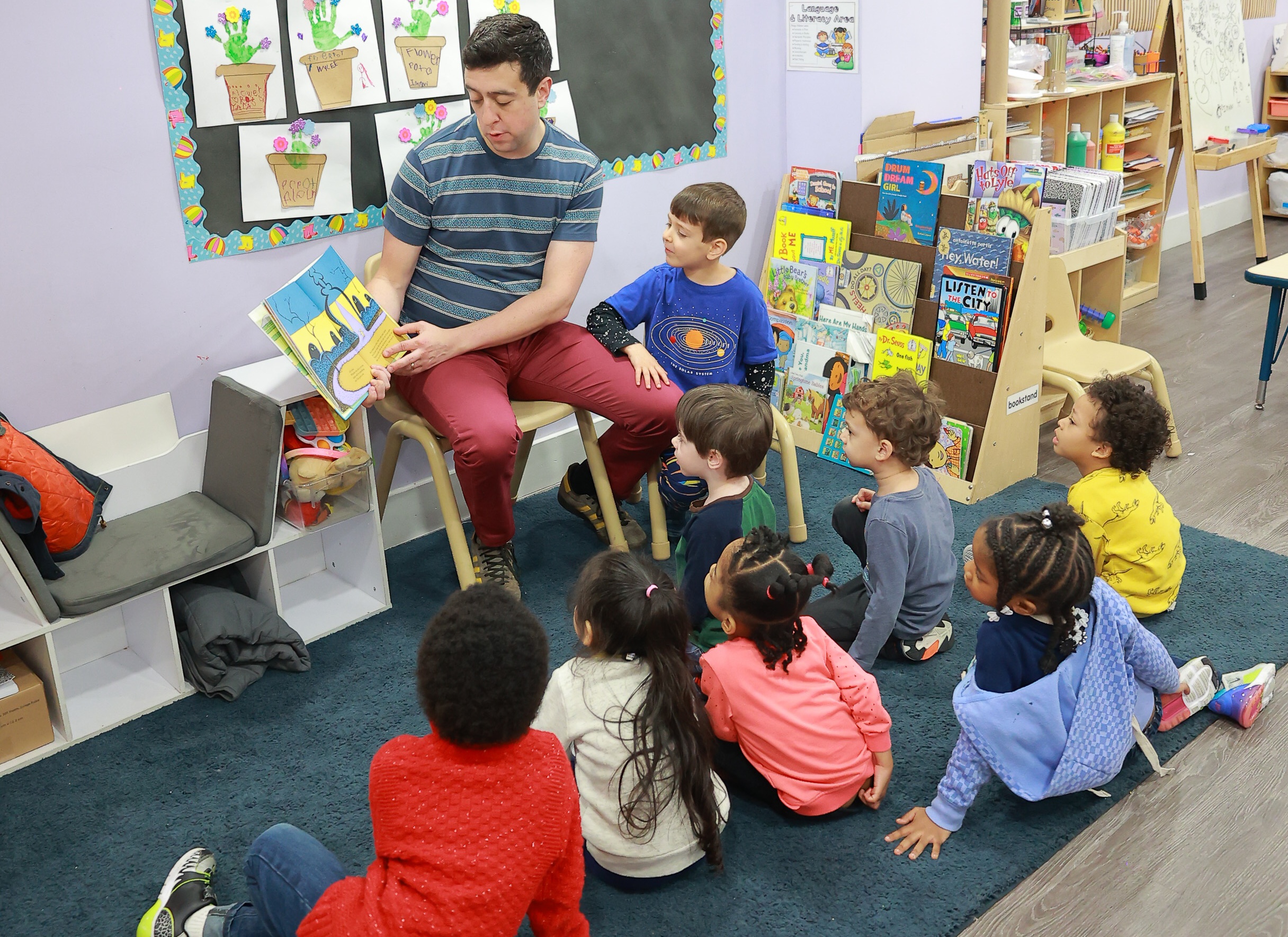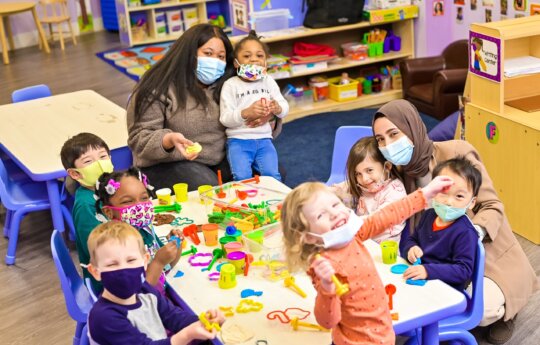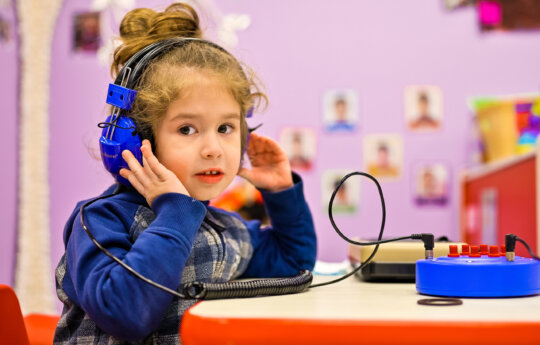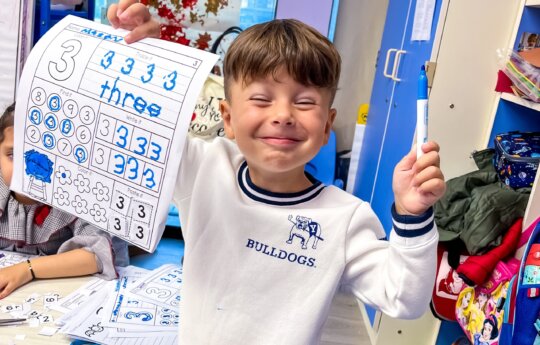
Welcome to a world where words weave magic, and tales turn into tools for Language Development Storytelling. In the bustling lives we lead, the ancient art of storytelling might seem quaint, yet it holds unparalleled power in Enhancing Language through Stories. At Little Scholars, we believe in unlocking the immense potential of storytelling, not just as a pastime but as a pivotal part of child development.
The Science Behind Storytelling Language Skills
Unveiling the Children Storytelling Benefits
Storytelling is more than just spinning yarns; it’s a vital tool in language acquisition and cognitive development. Research shows that through Storytelling for Kids, we stimulate areas of the brain responsible for understanding language, comprehending concepts, and imagining realities. This stimulation enhances vocabulary, improves listening skills, and fosters empathy.
How Storytelling Aids Child Language Development
Through the act of storytelling, children grasp language nuances, syntax, and semantics more effectively than through rote learning. The narrative format contextualizes language, making it easier for young minds to understand and retain new words and phrases.
The Role of Parents
Parental Storytelling Techniques
As a parent, you are your child’s first teacher and storyteller. Your stories, whether impromptu or well-thought-out, carry immense value. By incorporating varied vocabulary, expressive language, and engaging narratives, you directly influence your child’s language skills.
Tips for Parents Creating Stories for Children
Start Simple: Begin with simple stories about everyday life. Familiarity breeds comfort, and comfort encourages learning.
- Be Interactive: Ask questions, encourage predictions, and invite your child to contribute to the story.
- Use Expression: Vary your tone, pace, and volume to make the story come alive.
- Incorporate New Words: Gently introduce new vocabulary within the context of the story.
- Repeat and Encourage Repetition: Repetition reinforces learning. Encourage your child to retell stories.
Improving Kids’ Language Skills with Storytelling
Building Vocabulary through Storytelling
Storytelling naturally introduces new words and phrases in a relatable context, making it easier for children to learn and remember them. It also provides a safe space for children to experiment with language and express themselves.
Interactive Storytelling for Toddlers
Engaging toddlers in storytelling helps in laying the foundation for language skills early on. Interactive storytelling, where toddlers are encouraged to participate, enhances their understanding and engagement.
The Little Scholars Approach
The Positive Impact of Storytelling on Children at Little Scholars
At Little Scholars, we harness the power of storytelling to foster language development. Our approach is rooted in Effective Storytelling Methods in Early Education, where we focus on interactive and immersive storytelling experiences.
Why Choose Little Scholars?
- Interactive Learning: We ensure each child is an active participant, not just a passive listener.
- Tailored Content: Stories are chosen and tailored to meet the developmental needs of each age group.
- Language Rich Environment: Our environment is designed to maximize language exposure and practice.
Conclusion
Role of Parents in Language Development
Parents play a crucial role in their child’s language development. By incorporating storytelling into your daily routine, you can significantly enhance your child’s language skills.
What Are the Best Storytelling Techniques for Parents?
The best techniques are those that engage, inspire, and involve your child. Techniques that make language learning a joyous journey rather than a tedious task.
Why Is Storytelling Important for Children’s Language Growth?
Storytelling is crucial because it’s a natural, enjoyable way of introducing language concepts, fostering imagination, and bonding with your child.
In conclusion, Improving Kids’ Language Skills with Storytelling is not just a method but a journey of discovery, bonding, and joy. At Little Scholars, we invite you to embark on this journey with us, exploring the power of storytelling in nurturing your child’s language skills. Join us, and let’s unlock the world of words for our little scholars.
Related Insights
Starting a Preschooler’s Book Club in NYC: A Guide to Fostering Early Childhood Literacy
Reading in the Digital Age: The Value of Print Books for Preschoolers




